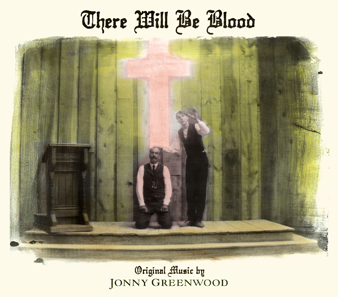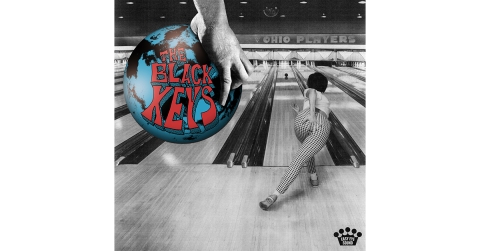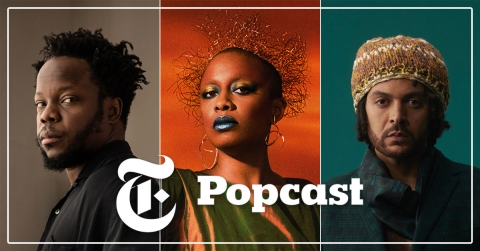Jonny Greenwood's score for There Will Be Blood was recently acclaimed in a Los Angeles Times article as signaling "new heights of inspiration" for director Paul Thomas Anderson's use of music in film. In this week's Time Out London, writer Sharon O'Connell further explores the interplay between movies and music in her review of Greenwood's score, saying: "[A] soundtrack needs to be so dynamic as to propel or even predict a narrative/mood, to be aesthetically empathetic to the nth degree and yet, it must guard against standing out from the movie like a large pair of creatively aggressive bollocks. That's a tall order ... Jonny Greenwood has long since proven himself up to the task."
Jonny Greenwood's score for There Will Be Blood was recently acclaimed in a Los Angeles Times article as signaling "new heights of inspiration" for director Paul Thomas Anderson's use of music in film. In this week's Time Out London, writer Sharon O'Connell further explores the interplay between movies and music in her review of Greenwood's score, saying:
[A] soundtrack needs to be so dynamic as to propel or even predict a narrative/mood, to be aesthetically empathetic to the nth degree and yet, it must guard against standing out from the movie like a large pair of creatively aggressive bollocks. That's a tall order ... Jonny Greenwood has long since proven himself up to the task.
About his work on this film specifically, O'Connell writes:
There Will Be Blood plays very much as a sumptuously moody set piece, illustrating Greenwood's talent for portraying a movie's emotional scenery, rather than writing to particular themes for its characters, and it will thrill anyone who enjoys Olivier Messiaen, Charles Mingus, Arvo Pärt and the gloomier of Poland's contemporary classical composers ... [I]t would make someone a great—if somewhat sombre—Christmas gift.
To listen to two tracks off the album at Nonesuch Radio by clicking on the icon on the upper left of this page. Stay tuned to the Nonesuch Journal for more information on purchasing the soundtrack, on sale next week.



